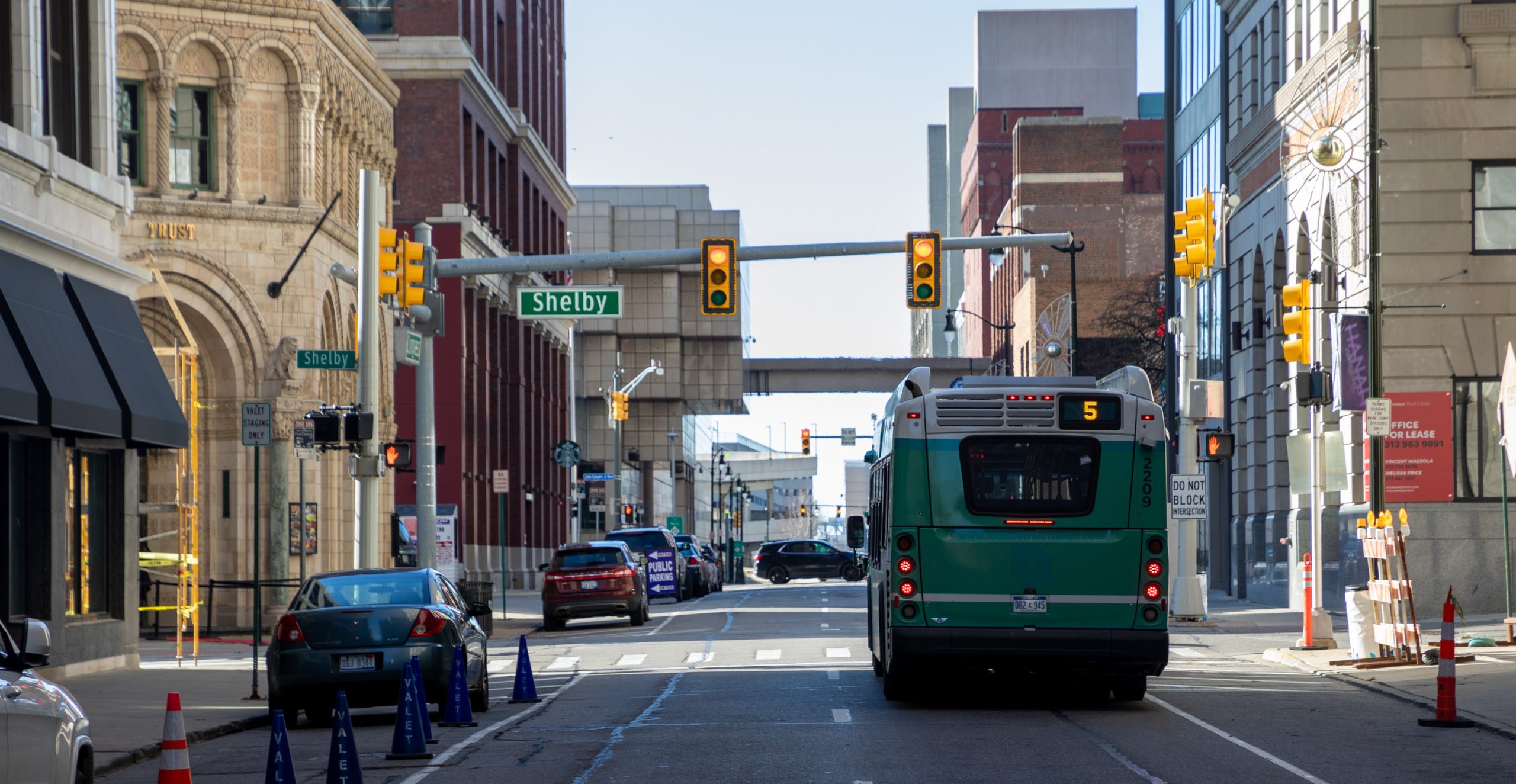Around the country, there are about 25,000 United Auto Workers (UAW) members on strike at the Big Three automakers, but locally, there are worries about economic impacts that could be brought on by workers having less money in their pockets and any impacts on automakers or suppliers.
Some experts also think the strike could help bolster the economy in the long term if workers do increase wages.
A study from the University of Michigan Department of Economics found that if one of the Big Three encountered a four-week company-wide strike, each would cost the state close to 50,000 jobs. That amount is doubled over an eight-week company-wide strike.
The idea for this story came from a reader. Have questions about the autoworkers strike? Text “STRIKE?” to 67485
Local non-automotive businesses located near plants are not safe from the impact of a lengthy strike from the UAW either, but experts disagree on the extent of that impact.
Marick Masters, a professor and labor-management relations expert at Wayne State University, said businesses that rely on autoworkers’ dollars — think hotels and food shops near plants — could see a “quite significant” loss in revenue.
“There’s a ripple effect,” Masters said. “Suppliers, as well as the Big Three, are forced to lay off more as a result of this strike. That’s going to affect all the businesses that depend on them.”
The Big Three have furloughed or laid off 3,650 non-union employees since Sept. 15.
Current unemployment rates aren’t telling the whole story, the experts agree. It’s expected that any impact on the overall economy will be minimal. If the strike were to end today, the experts believe things would bounce back within a week or so, from a labor perspective.
But overall there’s a giant question mark on what will happen if the UAW expands the strike company-wide, or if the strike continues past a couple of months.
Wayne State marketing assistant professor Catherine Cuckovich said workers’ discretionary funds will decrease as the strike continues. Those funds are used for “non-necessities” like eating out, staying at hotels or drinking at bars.
Masters referenced a study from the Anderson Economic Group that showed how wages lost are not the only way the economy can take a hit. The study estimated workers would lose $325 million in wages in the first two weeks of the strike, but the resulting revenue loss for workers, auto companies, suppliers, dealers and consumers combined was estimated to be almost quadruple that — about $1.2 billion.
The strike reportedly cost the U.S. economy overall around $3.9 billion by the second week. The U.S. economy as a whole is valued at more than $26 trillion. Both Cuckovich and Masters expect the impact to increase the longer the strike continues.
“UAW is employing a very different strategy than they have in years past,” Cuckovich said. “This is a little bit unknown. … It just gets harder the longer (workers) live on a lower amount of money.”
The strike’s impact on local businesses isn’t just expected to be negative. Prabhjot Mukandwal, a global supply chain management assistant professor at Wayne State, said the strike will force other industries to change their attitudes towards work.
Mukandwal described the impacts of the UAW strike through the “social contagion theory” — the idea that behaviors, emotions or conditions spread spontaneously through a group or network. A similar thing happened during the pandemic: A short-term labor shortage caused long-term effects including more flexibility for workers to work from home.
“(Business owners) are going to say, ‘This is probably not a stable environment, let me reorient myself,” Mukandwal said.
The strike will mostly affect residents if decreased supplies and workers cause shortages for automobiles or parts. Masters said people should anticipate extended wait times when purchasing.
For strike updates, follow our newsroom partners WXYZ (Channel 7) and the Detroit Free Press.




